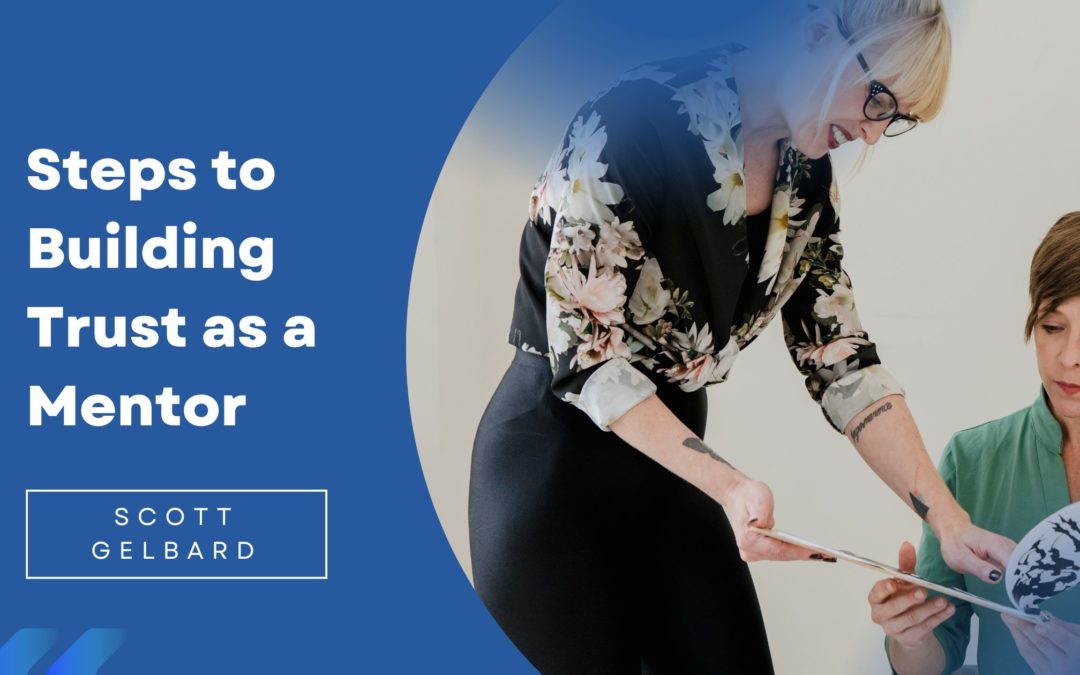For most people, it’s not what they do that matters but who they do it with. Several studies support the value of having a trusted mentor. They boost confidence, increase a person’s productivity, and prevent expensive errors. While it requires dedication, mentoring is a rewarding experience on both sides.
Knowing what motivates you as a mentor is the first step before establishing a relationship with a mentoree. Ask yourself about your incentive for stepping into a mentorship role. Understanding why you’re there means you can give your all and provide valuable feedback. It is your responsibility to model enthusiastic and dedicated leadership behavior. Your mentees will mimic your behavior and how you feel about the connection. The more involved and excited you are, the more they will become.
You must establish a trusting relationship with your protege to be a successful mentor. Trust is typically formed through shared experiences and proven loyalty. Swift trust is a special kind of trust in short-term partnerships, such as the mentoring relationship. This form of trust differs from the traditional style because participants develop trust for one another swiftly and without any prior connections. Swift trust relies heavily on putting faith in someone you don’t know well and acknowledging that doing so carries some risk.
First, explore your mentoree’s objectives and determine what they need and require from you. Be proactive in establishing a rapport with your mentee by actively listening and providing assistance when needed. To help the mentee progress toward their objective, guide them when they appear to veer off course. Instead of doing tasks for them, assist them on their journey. Hold them responsible for achieving their goals so they can feel pride in their accomplishments.
Flexibility and open-mindedness go a long way as a mentor. While you may have a distinct method and skill set that works for you, be receptive and supportive instead of encouraging the mentee to adapt to your techniques. A good mentor can identify and build up their mentee’s strengths.
Building and maintaining trust also stem from discretion and confidentiality. When a mentee believes that what they share will never become public knowledge, they can open up and become vulnerable, which opens the door to their learning. Likewise, mentors need to take down walls and show a human side. Be vulnerable, not just open. Mentors who are candid about their faults, shortcomings, and failures de-elevate themselves and become more accessible, too. When both sides are open and trusting, a deeper relationship bond occurs.

